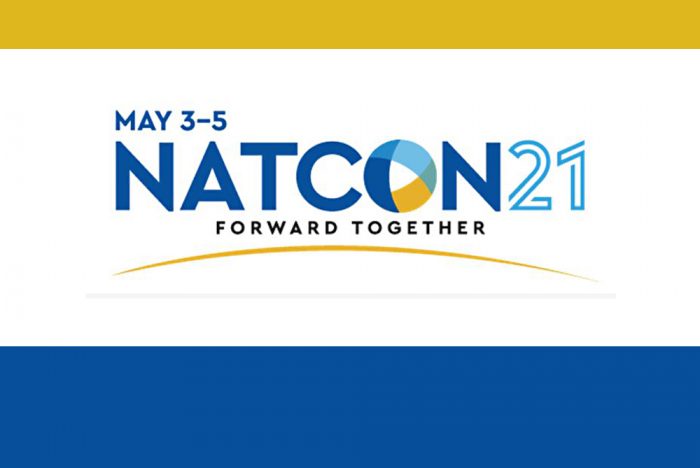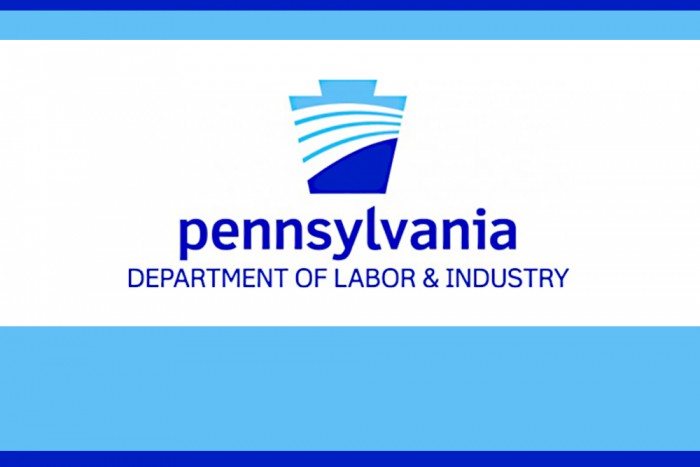The Pennsylvania Department of Education is pleased to announce the following online opportunity:
Dates: June 21, 2021 at 9:00 am–June 25, 2021 at 11:59 pm (just before midnight)
Location: Online Course
As outlined in Governor Wolf’s PASmart initiative, most good paying jobs in Pennsylvania, and across the country, over the next decade will require some form of education or training in the fields of Computer Science (CS) and Science, Technology, Engineering, and Mathematics (STEM). To help meet this demand, Pennsylvania, under the leadership of Governor Wolf and Acting Secretary of Education Ortega, is working to create and expand access to computer science learning for all.
The CSforALL-PA Summit offers educators, leaders, and stakeholders the opportunity to share, discuss, and collaboratively develop tools, resources, and practices for CS learning experiences. The Summit specifically focuses on equitably serving historically underserved populations including students with disabilities, English learners, and females. The theme for 2021, CS Celebrations, honors how educators across the commonwealth created, adapted, and expanded CS learning opportunities throughout a year of change.
Presenters: Various CS Professionals
Credit: Act 48 clock hours
Cost: There is no cost for this course
Registration Information:
You may register online by clicking on the name of the event on the Training Events Calendar on PaTTAN’s website.
For content related information and questions, please contact Avni Dyer via email or at 717-901-2216.
For general registration information and questions, please contact Marci Davis via email or at 717-901-2251.


















